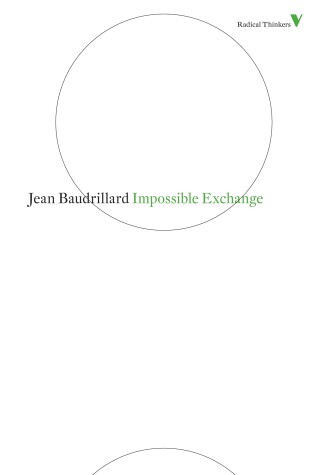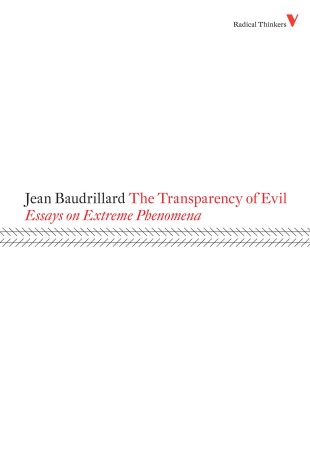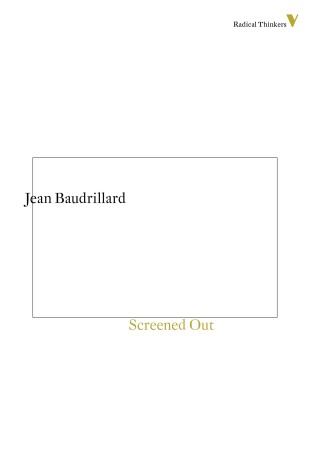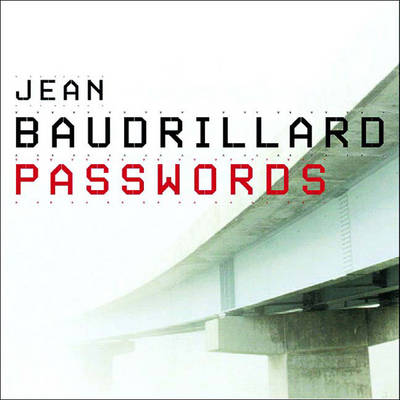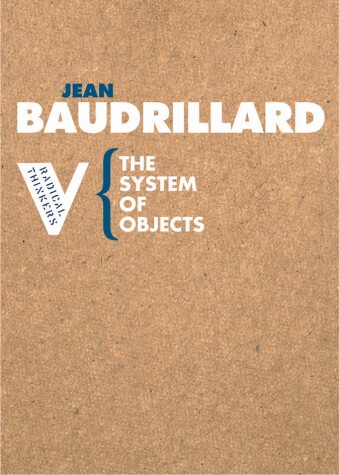Radical Thinkers
8 total works
Series 4
In this stimulating collection of journalistic essays Baudrillard addresses subjects ranging from those already established as his trademark (virtual reality, Disney, television) to more unusual topics such as the Western intervention in Bosnia, children's rights, Holocaust revisionism, AIDS, the Rushdie "fatwa," Formula One racing, mad cow disease, genetic cloning, and the uselessness of Chirac. These are coruscating and intriguing articles, not least because they show that Baudrillard is - "pace" his critics - still susceptible and alert to influences from social movements and the world beyond the hyperreal.
Set 5
Set 3
But Baudrillard is not merely intending to lament the disappearance of the real, an occurrence he recently described as “the most important event of modern history,” nor even to meditate upon the paradoxes of reality and illusion, truth and its masks. The Perfect Crime is also the work of a great moraliste: a penetrating examination of vital aspects of the social, political and cultural life of the “advanced democracies” in the (very) late twentieth century. Where critics like McLuhan once exposed the alienating consequences of “the medium,” Baudrillard lays bare the depredatory effects of an oppressive transparency on our social lives, of a relentless positivity on our critical faculties, and of a withering ‘high definition’ on our very sense of reality.
